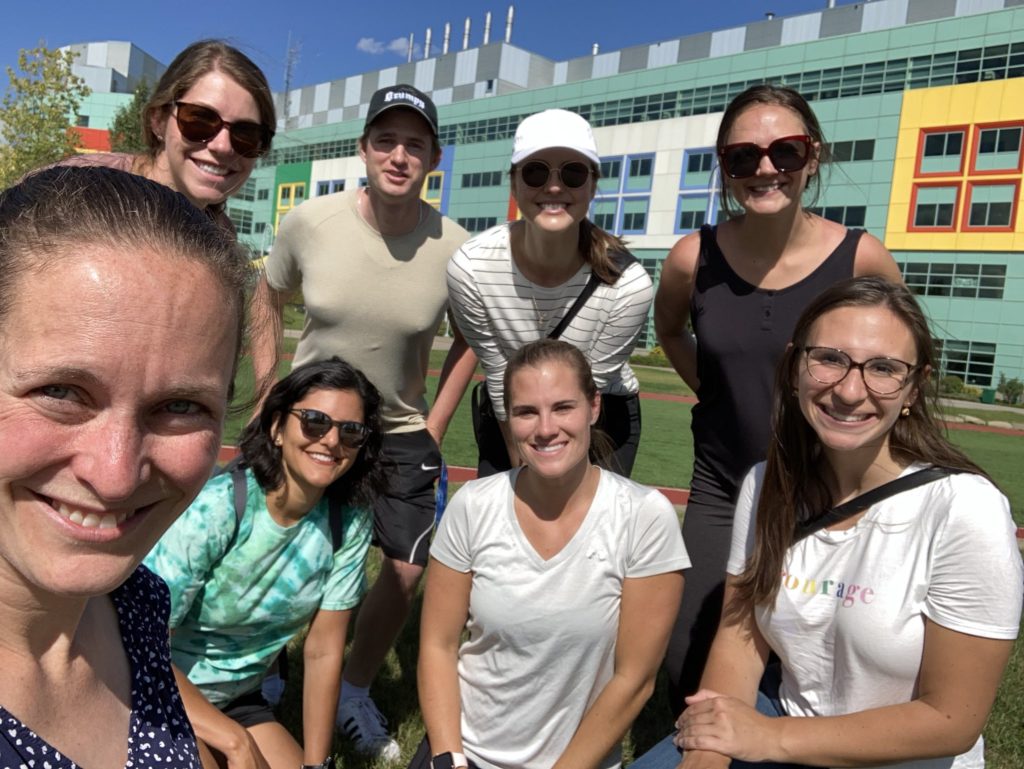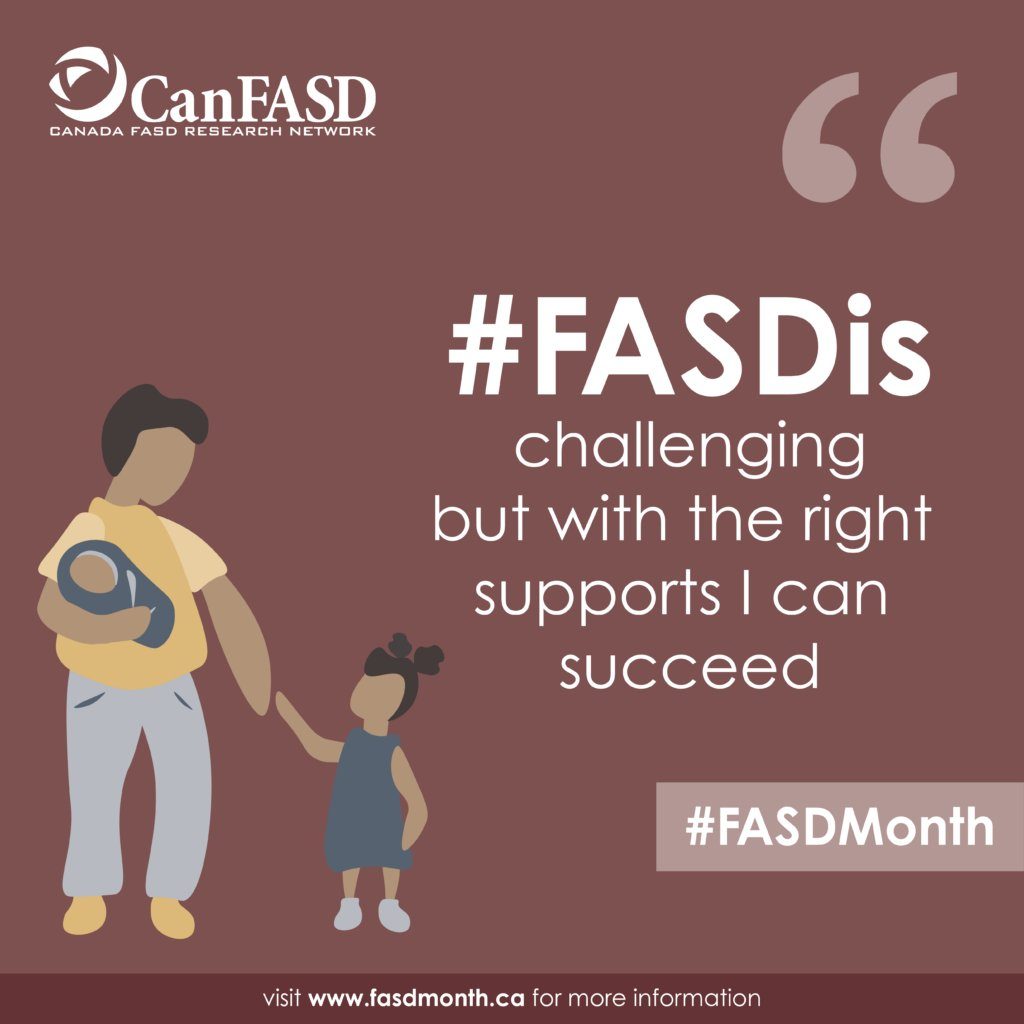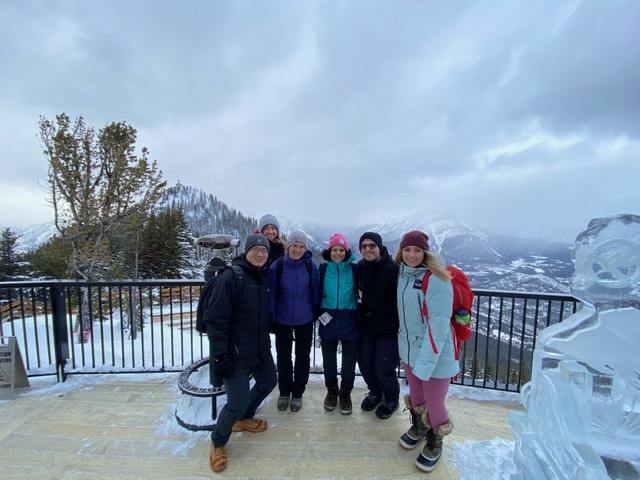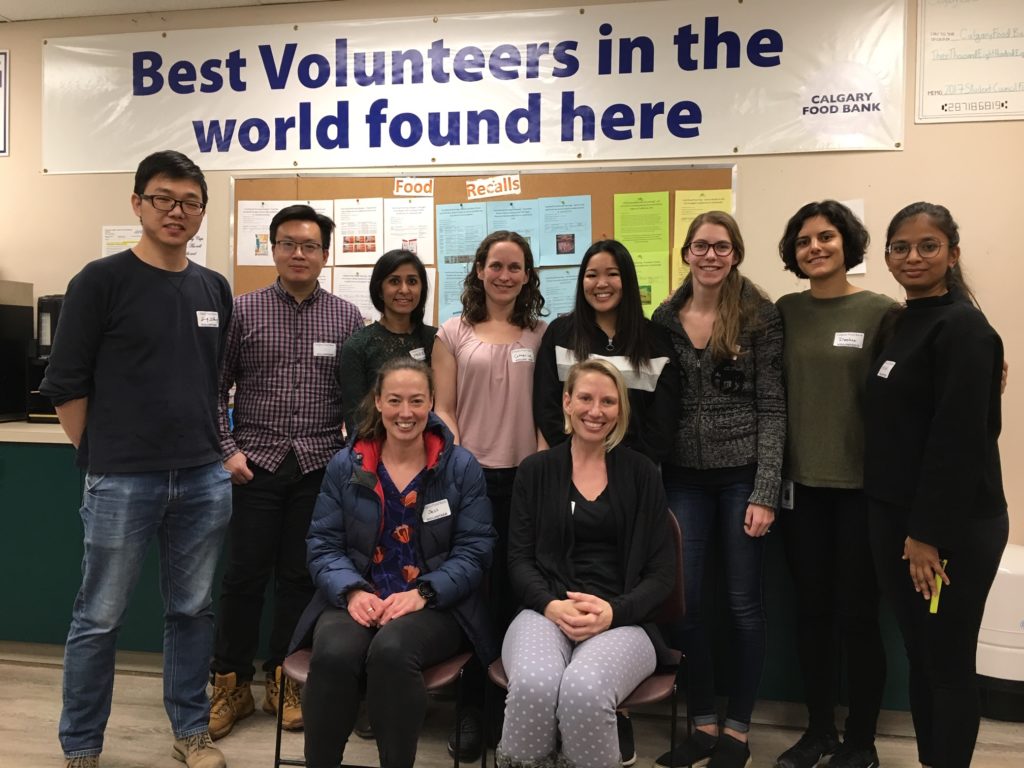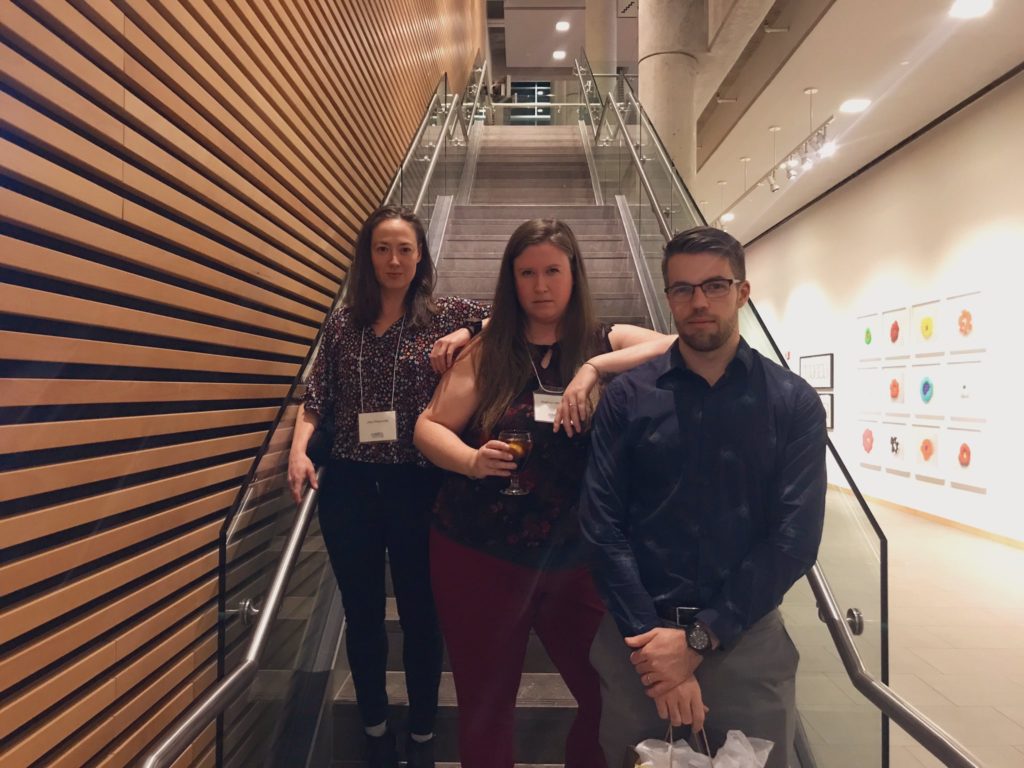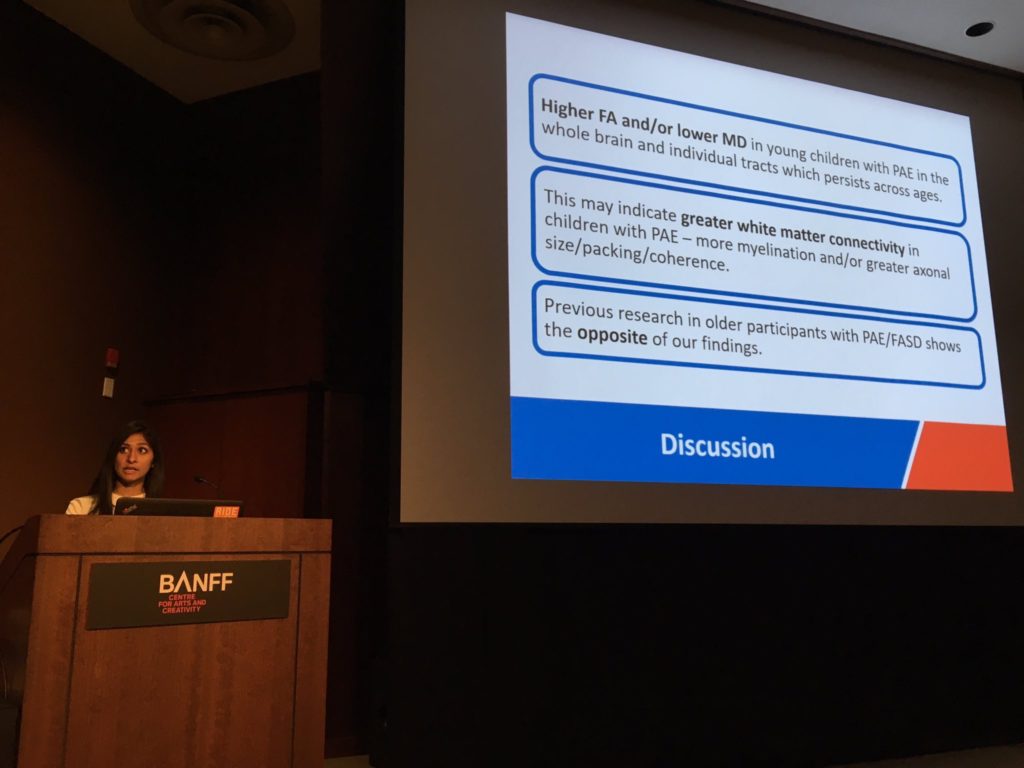August 18, 2023 | Uncategorized |
Postdoctoral Scholar position
Area: Neuroimaging of human brain development
Duration: 2 years
Start date: January 2024 (flexible)
Salary: $50k/annum + benefits
The Department of Radiology in the Cumming School of Medicine at the University of Calgary is accepting applications for a Postdoctoral Scholar to join an interdisciplinary multisite team developing a new longitudinal neurodevelopmental cohort.
Job Description:
The postdoc will work with Drs. Catherine Lebel and Signe Bray on projects related to characterizing brain development using a new multisite longitudinal cohort sample (800 participants imaged up to three times) and novel brain features and approaches. This is a 2-year position with the possibility of extension.
Drs. Bray and Lebel are founding members of the Child and Adolescent Imaging Research (CAIR) Program based out of the Alberta Children’s Hospital. Our labs use the on-site research-dedicated 3T MRI to study multimodal brain development and factors influencing development including prenatal exposures, birth complications, neurodevelopmental diagnoses, and mental illness. We are co-leading a new multi-site study along with Drs. Anne Wheeler (SickKids) and Patricia Conrod (Ste-Justine).
This postdoctoral project aligns with the University of Calgary priorities in Brain and Mental Health and Child Health and Wellness. Drs. Bray and Lebel are members of the Hotchkiss Brain Institute (HBI) and Alberta Children’s Hospital Research Institute (ACHRI), which offer high quality professional development opportunities (e.g., HBI-REALISE; https://hbi.ucalgary.ca/education/realise).
Qualifications:
Applicants should have interest in brain development, mental health and neurodevelopmental conditions and have a background in neuroscience, psychology, physics, biomedical engineering, or a related discipline. Experience with neuroimaging and strong data analytic skills are required. It is highly desirable that applicants have experience conducting research in an interdisciplinary environment.
Application details:
Our labs and the University of Calgary are committed to equity, diversity and inclusion (EDI; https://www.ucalgary.ca/equity-diversity-inclusion) and we encourage applicants from diverse backgrounds to apply. Interested candidates should submit a letter of interest and CV to slbray@ucalgary.ca and clebel@ucalgary.ca.
About the University of Calgary
The University of Calgary is Canada’s leading next-generation university – a living, growing and youthful institution that embraces change and opportunity with a can-do attitude. Located in the nation’s most enterprising city, the university is making tremendous progress on its Eyes High journey to be recognized as one of Canada’s top five research universities, grounded in innovative learning and teaching and fully integrated with the community it both serves and leads. The University of Calgary inspires and supports discovery, creativity and innovation across all disciplines, and champions transdisciplinary approaches. For more information, visit ucalgary.ca.
Additional information
The terms and conditions of employment are covered under the UCalgary and PDAC Collective Agreement. To find out more about postdoctoral scholar program at the University of Calgary visit our Postdocs website.
About Calgary, Alberta
Calgary is one of the world’s cleanest cities and has been named one of the world’s most livable cities for years. Calgary is a city of leaders – in business, community, philanthropy and volunteerism. Calgarians benefit from the strongest economy in the nation and enjoy more days of sunshine per year than any other major Canadian city. Calgary is less than an hour’s drive from the Rocky Mountains and boasts the most extensive urban pathway and bikeway network in North America.
The University of Calgary recognizes that a diverse staff/faculty benefits and enriches the work, learning and research experiences of the entire campus and greater community. We are committed to removing barriers that have been historically encountered by some people in our society. We strive to recruit individuals who will further enhance our diversity and will support their professional success while they are here. We encourage all qualified applicants to apply, however preference will be given to Canadian citizens and permanent residents of Canada.
